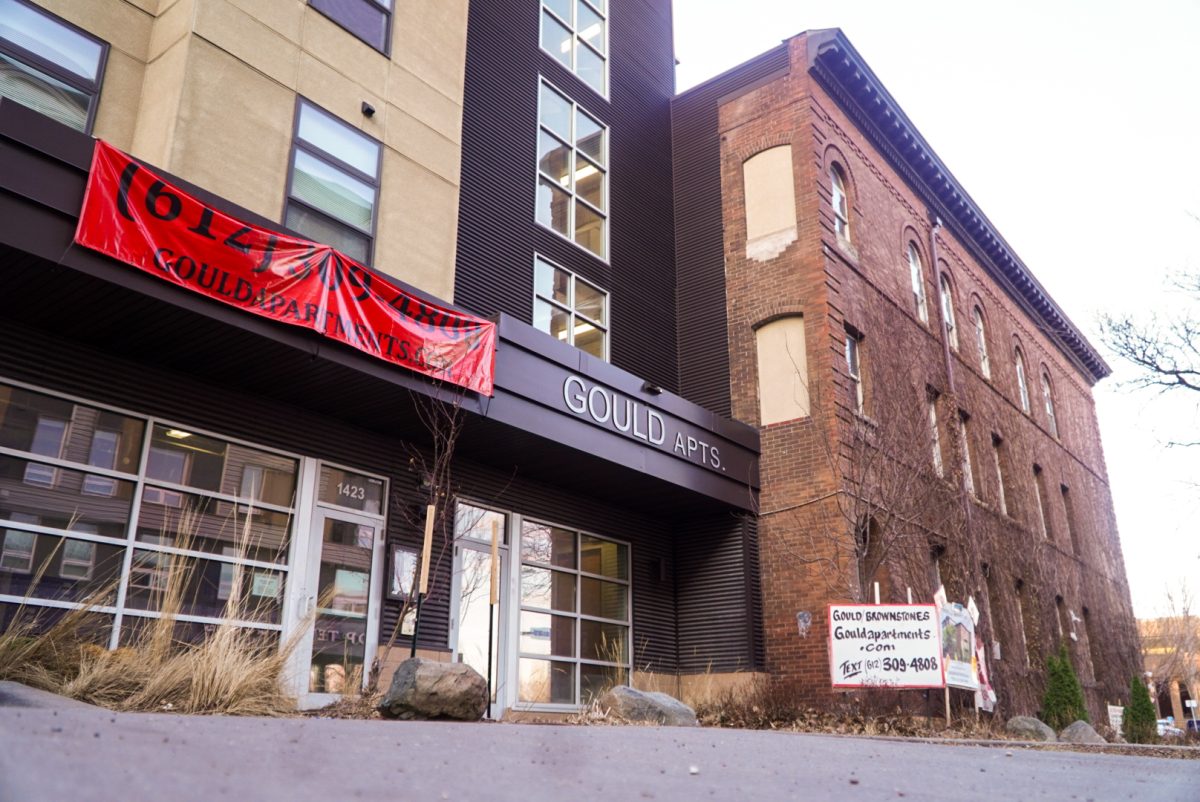Six of the 10 Gophers football players accused of sexual misconduct have been sanctioned by a University panel.
Ray Buford, Kiante Hardin, Dior Johnson and Tamarion Johnson have been expelled from the University. Mark Williams and Carlton Djam received one-year suspensions, according to the source close to the situation.
Four players — Kobe McCrary, Antoine Winfield Jr., Seth Green and Antonio Shenault — were cleared of wrongdoing. The University had recommended a one-year suspension for three of the players and academic probation for Shenault.
The accused players allegedly sexually assaulted and/or harassed a University game-day employee in September after a football game.
The three-person panel issued its decisions Friday after two days of hearings last week that included testimony by the accused players, the victim-survivor and a University Title IX administrator.
Of the original University Office for Equal Opportunity and Affirmative Action recommendations — which were made after it determined that it was “more likely than not” that the accused players had committed sexual assault and/or harassment — five punishments were upheld, one was reduced and four players were cleared of wrongdoing.
In an emailed statement, a University spokesman declined to comment, citing student privacy laws.
The panel’s decisions can still be appealed by both the reporting party and players to Provost Karen Hanson. Both parties have five days to appeal the panel’s findings.
Attorneys for the players have said the sanctioned players are still determining if they’ll appeal.
The lawyers have also raised the possibility of taking the case to federal court.
At a Saturday press conference, Ryan Pacyga — Winfield Jr.’s attorney — said his client will stay at the University. The status of the other players is unclear.
The victim-survivor alleged that some of the players took turns sexually assaulting her while others watched during a Sept. 2 party at an off-campus apartment. The players say the sex was consensual.
After the EOAA investigation, the players were suspended by the athletics department while the University adjudication process played out.
The suspensions sparked a less-than-48-hour boycott of all team activities by the football team — including the Dec. 27 Holiday Bowl against Washington State — until their teammates were reinstated. It also sparked counter-protests by sexual assault victim-survivors and allies. Tracy Claeys, the former head football coach who stood up for the accused players, was fired after the season.
The Hennepin County Attorney’s Office has twice declined to press charges in the case following an investigation by the Minneapolis Police Department.
The players’ lawyers have repeatedly said the accused were treated unfairly throughout the process.
At the press conference, Pacyga said the accused players didn’t receive due process during the University investigation and hearings.
He said an inadequate and biased EOAA investigation, the exclusion of video that he said would have shown the sex was consensual among at least some players, and no recordings of EOAA interviews, among other reasons, point to a faulty process for handling such cases.
Due process concerns have increasingly been raised as schools investigate more cases of sexual misconduct in the wake of pressure from the federal government to more aggressively address campus sexual assault.
“The deck is pretty much stacked against you when you are an accused student in these hearings,” he said. “Any parent ought to be worried … about the lack of due process in these proceedings. The reality is we can do better. These are serious things that need to be looked into.”
University student Abby Honold, a victim-survivor who took her case to the University before taking her perpetrator, convicted rapist Daniel Drill-Mellum to court, said she trusts EOAA made their decision after thorough investigation.
“Expulsions were upheld for some of the players,” Honold said. “And I think that it says a lot that this expulsion has now been determined twice.”
Moving forward, Honold said she hopes those accused of committing sexual assault use the University’s decision as an example of the potential consequences of their actions.
“I hope that the University as a whole starts looking at our commitment to education about consent so that we can prevent these types of situations from being instantly looked at as ‘false accusations,’” she said.







